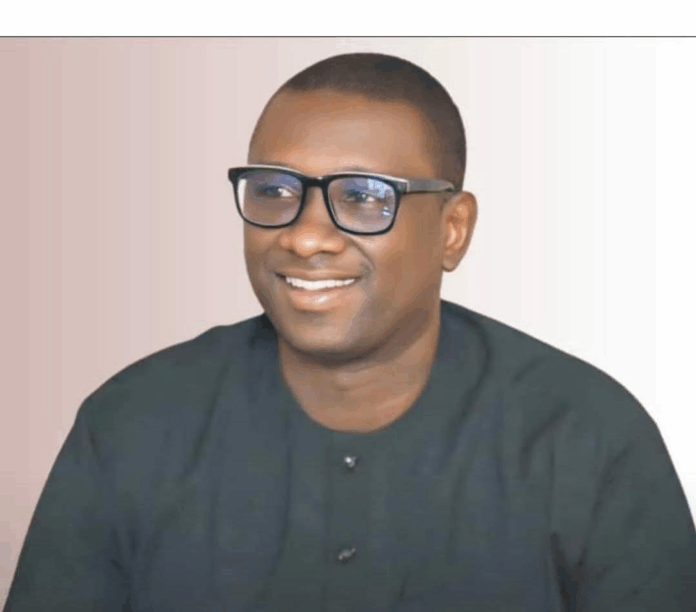By Samuel Ben Turay (The Ataya Pot)
The late afternoon sun spreads a golden haze over Kamakwie’s gently undulating terrain. Where dusty paths snake between modest homes and mango trees leans over age-worn fences, the land breathes a quiet resilience. But beneath this beauty lies the memory of a bitter conflict that once pitted farmers against cattle rearers, igniting ethnic suspicions that threatened to unravel generations of coexistence.
The dispute between farmers and cattle herders in the Kamakwie axis may have seemed like a local disagreement, a simple contest over land use, ethnic boundaries, and seasonal migration. But as recent history across Africa has shown, such conflicts are never truly isolated. They reflect deeper societal fault lines, and if left unaddressed, they can rupture the fragile social fabric of entire nations.
What unfolded in Kamakwie echoes similar tensions that have simmered, and at times exploded, in Nigeria’s Middle Belt, Ghana’s Northern Region, and right within Sierra Leone itself, in parts of Koinadugu, Falaba, and Tonkolili districts. There, too, resource scarcity, climate-induced migration, ethnic politics, and weak state capacity combined into volatile mixtures. In each of these settings, violence not only disrupted lives, it fractured trust, displaced families, and derailed education and commerce. The true cost was never measured solely in casualties, it includes futures deferred.
Into this precarious terrain stepped Dr. Ibrahim Bangura, as a scholar-practitioner with a deep understanding of conflict resolution grounded in both African tradition and global theory. His intervention was rooted in the conviction that sustainable peace is never achieved through command; it must be cultivated through credibility, empathy, and structure.
It was an approach of dialogue over domination, consultation over coercion. For him, restorative justice prioritizes reconciliation over retribution and so, he embodies what Ghanaian philosopher Kwasi Wiredu called “consensual democracy.” In this model, conflict is not eradicated, it is domesticated and resolved through communal deliberation.
With calm, humility, and a strategy that placed people and peace at the centre, he therefore initiated direct dialogues, restored confidence between the youth and elders, and reminded all parties of their interdependence. That way, he gave all sides reasons trust each other again.
These efforts echo long-standing African models of conflict resolution, where community trust, and dialogic consensus prevail over courtroom adversarialism. From the Akan mediation courts in Ghana to the Emirate-led peace councils of northern Nigeria, Africa has long practiced “restorative peace” as opposed to “punitive justice.”
In Nigeria’s Middle Belt, traditional councils, supplemented by NGO support and community liaisons, reduced inter-communal killings by over 30% between 2016 and 2020. These are the frameworks Dr. Bangura studies, cites, and now brings into practice. His model in Kamakwie valued truth-telling, empathy, and collective repair. It underscores the fact that institutions alone do not resolve conflict, relationships do.
What makes his contribution uniquely impactful is how he weaves this African knowledge into national policy dialogue. In a 2021 policy brief co-authored for an AU peacebuilding panel, he argued that “conflict resolution must move from state-centric security models to community-centric resilience systems.” At a Makeni youth forum, he declared: “We need to see peace as development. Not just the absence of war, but the presence of equity, voice, and justice.”


